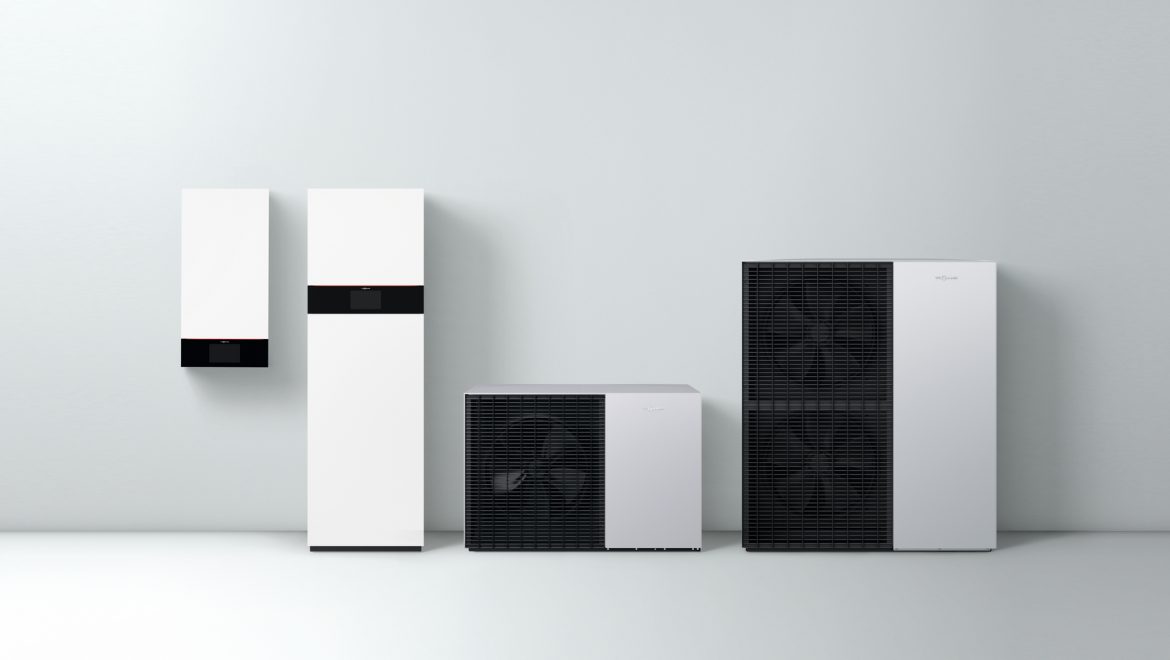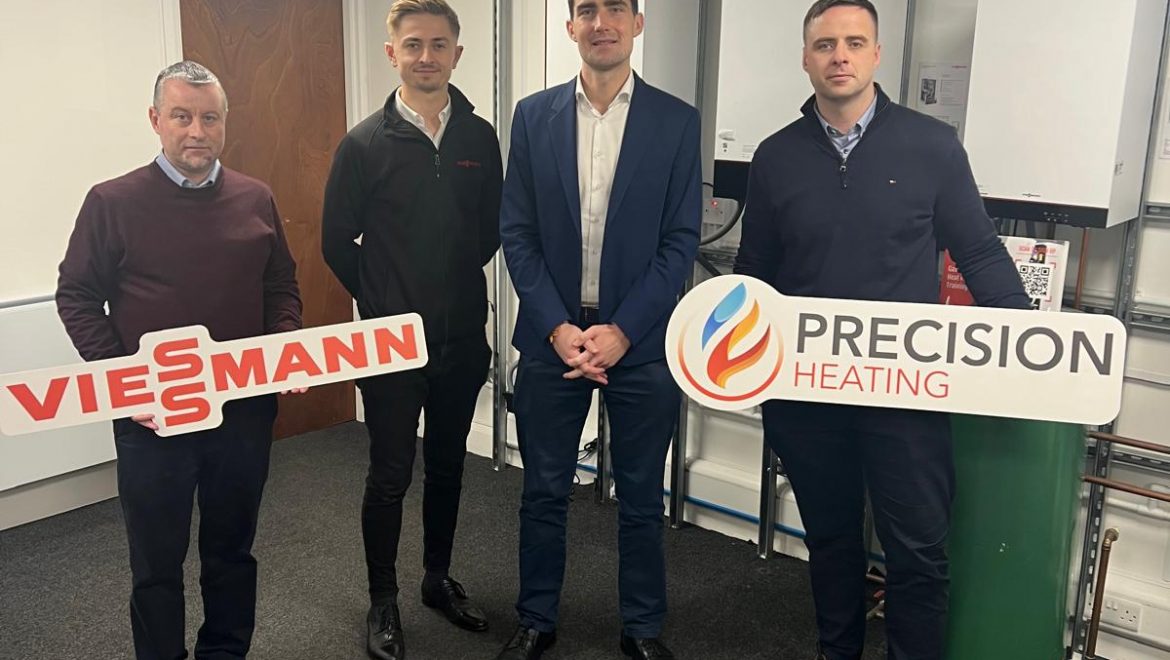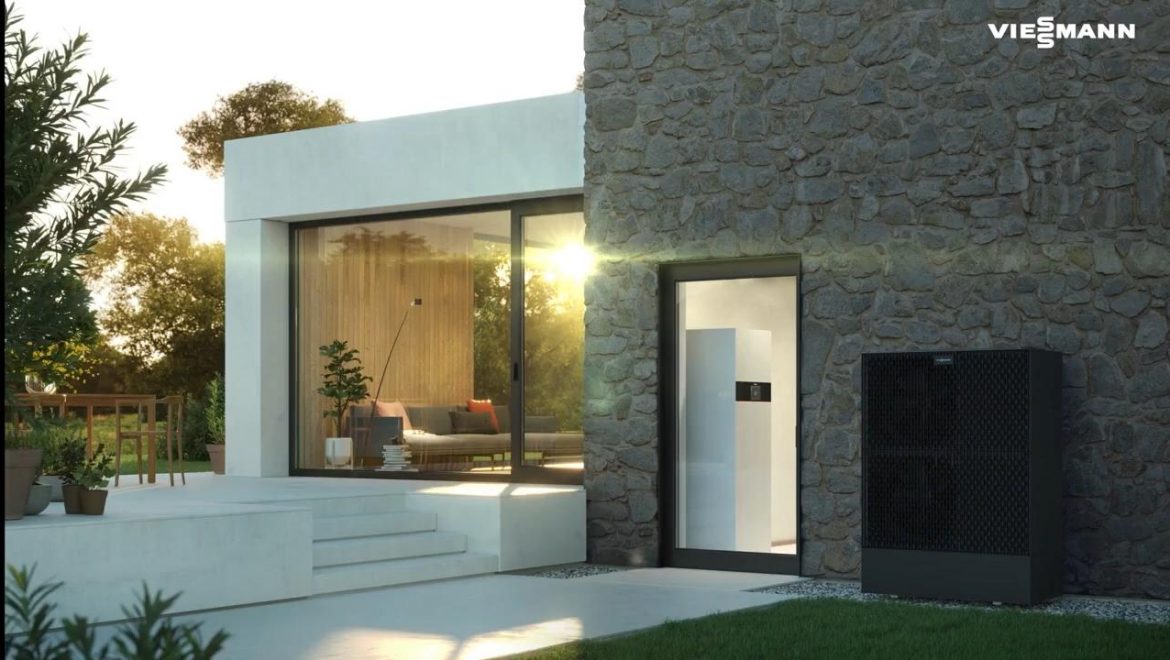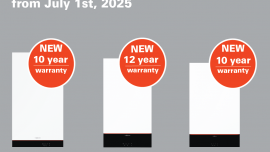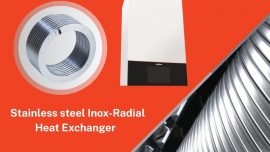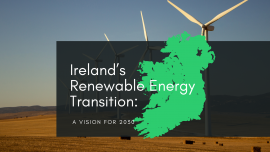Important Update: Changes to Heat Pump Grant Application Process for Homes Built Before 2006
As of February 25, 2025, significant changes are being made to the application process for heat pump grants in Ireland. Homeowners of dwellings constructed before December 31, 2006, will no longer be required to undergo a Technical Assessment as part of their heat pump grant application, provided they meet certain conditions related to their Building Energy Rating (BER).
Key Changes for Homeowners:
- Valid BER Certificate & Advisory Report: If you are a homeowner of a property built before December 31, 2006, and you hold a valid BER Certificate and Advisory Report, you may now apply for a heat pump grant without the need for a technical assessment, as long as the Advisory Report states a compliant Heat Loss Indicator (HLI) of 2.3 W/m².k or below.
- Self-Declaration Form: To complete the application process, homeowners will be required to submit a self-declaration form. This form will confirm the following:
- Year of Construction: The homeowner will confirm the year their property was built.
- BER Certificate & Advisory Report: The homeowner will confirm they hold a valid BER Certificate and Advisory Report that states a compliant Heat Loss Indicator (HLI) of 2.3 W/m².k or below.
- Opting Out of Technical Assessment: The homeowner must acknowledge that they are choosing to forgo the Technical Assessment.
How to Verify Your BER and Advisory Report:
Homeowners can easily verify their BER and Advisory Report by visiting the following link:
BER and Advisory Report Search
In order to access the report, you will need to provide your MPRN number (Meter Point Reference Number), which is a unique identifier for your property’s electricity connection.
Why Is This Change Being Implemented?
This new measure is designed to streamline the grant application process and make it easier for homeowners to access funding for heat pump installations, without the delays and costs associated with the Technical Assessment. The goal is to support more efficient heating solutions while reducing administrative burdens, especially for those whose homes already meet the required energy efficiency standards.
Important Notes:
- Validity of BER Certificate: Ensure your BER Certificate and Advisory Report are up-to-date and contain the necessary information. If you don’t have these documents or need an updated report, it may be necessary to request a new BER assessment.
- Self-Declaration Process: Carefully complete the self-declaration form as this will be part of the application process. Inaccurate information could delay or invalidate your application.
Conclusion:
These changes represent a major shift in how heat pump grants are processed for homes built before 2006, simplifying the process and making it easier for homeowners to make the transition to more sustainable heating solutions. Be sure to check your BER status, confirm your compliance with the HLI requirements, and submit your self-declaration form when applying for your heat pump grant.
For more information, visit the Sustainable Energy Authority of Ireland (SEAI) website or contact your local authority.


